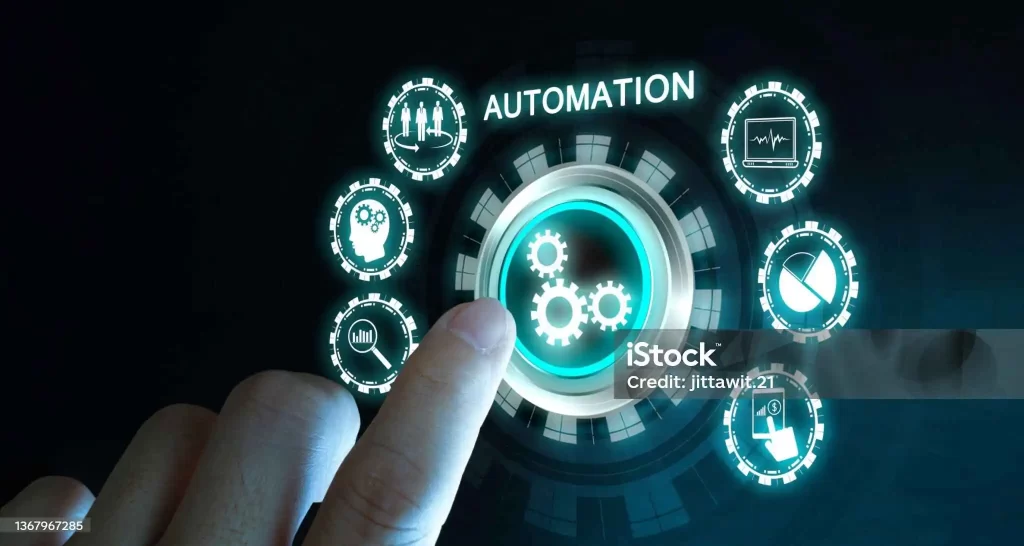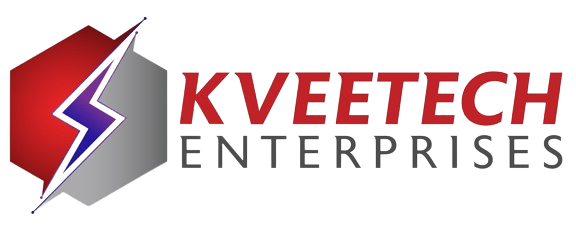Industrial process automation (IPA) is transforming how industries operate, driving efficiency, reliability, and cost-effectiveness across manufacturing sectors. As technology advances, the integration of automation in industrial processes has become essential for staying competitive in an increasingly complex marketplace.



